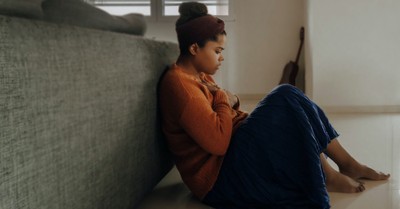Jailed Teens More Likely to Drop Out, Return to Prison as Adults
-
Jim Liebelt Jim Liebelt's Blog
- Published Jun 11, 2015
*The following is excerpted from an online article from the PsychCentral.
Teens who are sent to jail tend to have far worse outcomes later in life than teens who avoid serving time for similar crimes, according to a new study by a researcher at the Massachusetts Institute of Technology (MIT).
"We find that kids who go into juvenile detention are much less likely to graduate from high school and much more likely to end up in prison as adults," said co-author Dr. Joseph Doyle, an economist at the MIT Sloan School of Management.
The study, which looked at the long-term outcomes of tens of thousands of teenagers in Illinois, shows that juvenile incarceration, by itself, lowers high-school graduation rates by 13 percentage points and increases adult incarceration by 23 percentage points.
"We think this is some of the first real causal evidence on the effects of juvenile detention on kids’ outcomes," Doyle added.
The researchers, who published their findings in the Quarterly Journal of Economics, focused on cases involving 35,000 juvenile offenders over a 10-year period in Chicago.
The young subjects had all committed offenses that provided presiding judges with leeway in determining sentencing levels. The random assignment of judges with different sentencing tendencies allowed the researchers to conduct a natural experiment.
"Some judges are more likely to have children placed in juvenile detention than others, but it’s effectively random which judge you get," said Doyle.
"Some kids get a judge who will place them in juvenile detention, other ones get a judge who will be less likely to do so, and comparing the outcomes of the kids across the judges, we can actually say what the causal outcome is of placing the kids in juvenile detention."
These periods of incarceration appear to make kids much less likely to return to school at all, especially if they are around age 16. This appears to be a significant mechanism underlying the later problems of these teens.
"The kids who go to juvenile detention are very unlikely to go back to school at all," said Doyle. "Getting to know other kids in trouble may create social networks that might not be desirable. There could be a stigma attached to it, maybe you think you’re particularly problematic, so that becomes a self-fulfilling prophecy."
Source: PsychCentral
http://psychcentral.com/news/2015/06/10/jailed-teens-more-likely-to-drop-out-return-to-prison-as-adults/85566.html

















